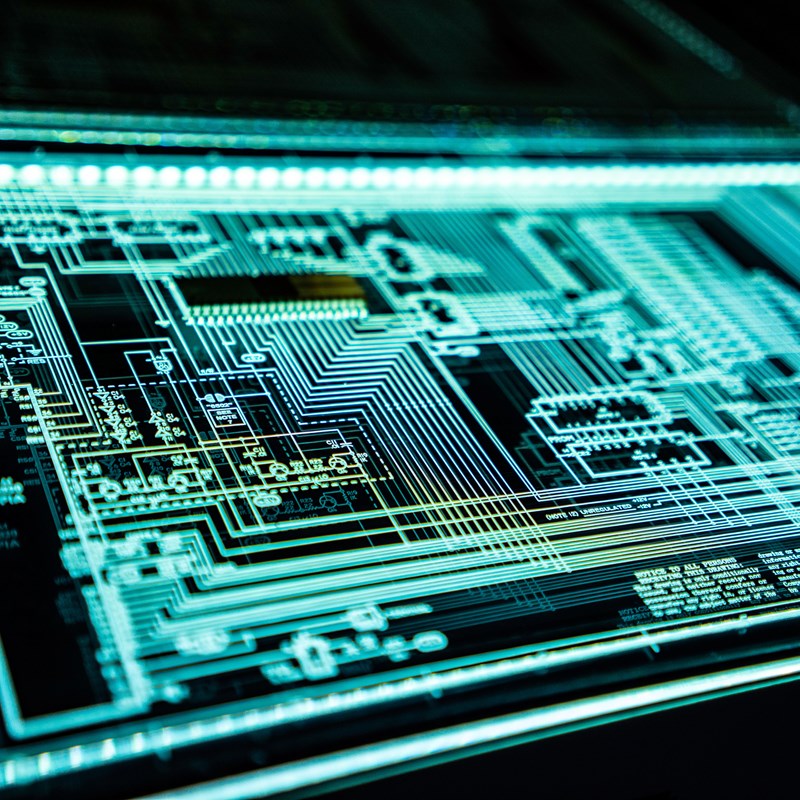
Next week, on the 31st March 2021, Arkessa, along with Analog Devices, Arrow and McLaren, will be taking part in a panel discussion as part of The Engineering Design Show’s virtual event. We will be discussing Industry 4.0, in particular, the pathway to digital transformation, how we aid new business models and opportunities in a virtual world.
What is Industry 4.0?
We are all familiar with the Industrial Revolution, an important time in the history of the world, the impact from which is still felt now, in terms of how and where we live and work and the economy of our local area. Many of us will be less familiar with the idea that since the first Industrial Revolution (which is considered to have spanned close to 100 years) there have been several more.
So, what’s the history?
The first Industrial Revolution took place between around 1760 – 1840 and refers mainly to the implementation of machinery (powered by water and steam) in manufacturing, greatly reducing the need for hand production and workers.
The second Industrial Revolution began around 1871 and lasted until around 1914. This time was also known as The Technological Revolution and came about due to the installation of railways, telegraph networks and electricity. These new technologies increased the speed at which information, people and goods could be transported, improving productivity and again, reducing the manual workforce.
The third Industrial Revolution covers the second half of the 20th century. Often known as the Digital Revolution, this period refers to the changes computers brought with them and the move from mechanical and analogue electronic technology to digital.
This brings us up to now, and Industry 4.0. Building on what has gone before, the world is changing once again as we roll out more smart technologies. By integrating M2M (machine to machine) communication and the IoT, we have the ability to greatly increase communication, automation, monitoring, diagnostics and predictive maintenance.
What does this mean?
Our panel discussion with Analog Devices, Arrow and McLaren will explore the key elements needed to execute on the opportunities and future proofing that smart technology offers. The Digital Revolution paved the way and now, as a society with smart technologies, we are building on what the last 70+ years have offered.
The session will cover how Analog Devices are bridging the gap between the real world and digital domains to create actionable insights. If you are unfamiliar with the term ‘actionable insights’ it refers to information so detailed that future decisions are clear and easy to make. McLaren will be describing how they manage advanced simulation, modelling and data analytics and Arrow will detail how they innovate, transform and scale businesses using a comprehensive suite of end-to-end support services.
As for Arkessa, Paul Donaldson from the team will illustrate how cellular connectivity is helping to drive digital transformation on a global scale. Cellular technologies such as LPWA and eSIM are enabling the mass deployment of connected devices and making adoption easier and more efficient.
Arkessa provides global coverage and world-leading technical and commercial support to industrial customers, with a single platform view to help them order, manage, and connect their smart devices. We hope you will join us for what will doubtless be an informative and interesting presentation!